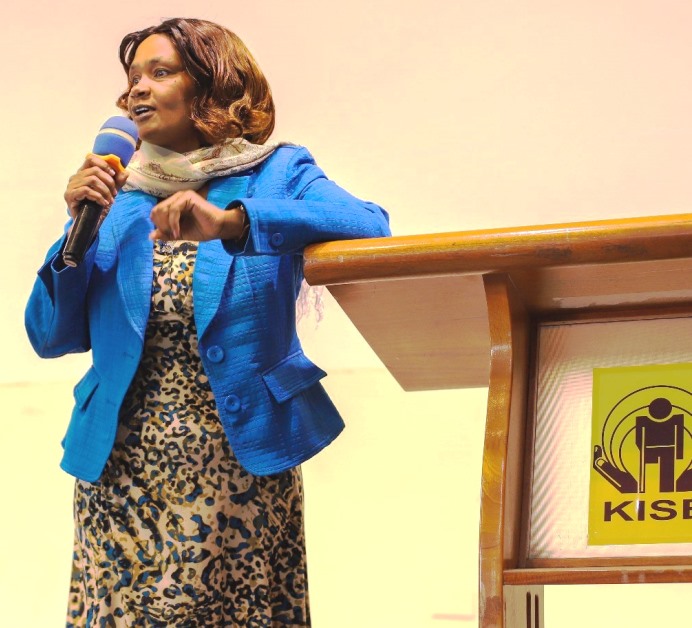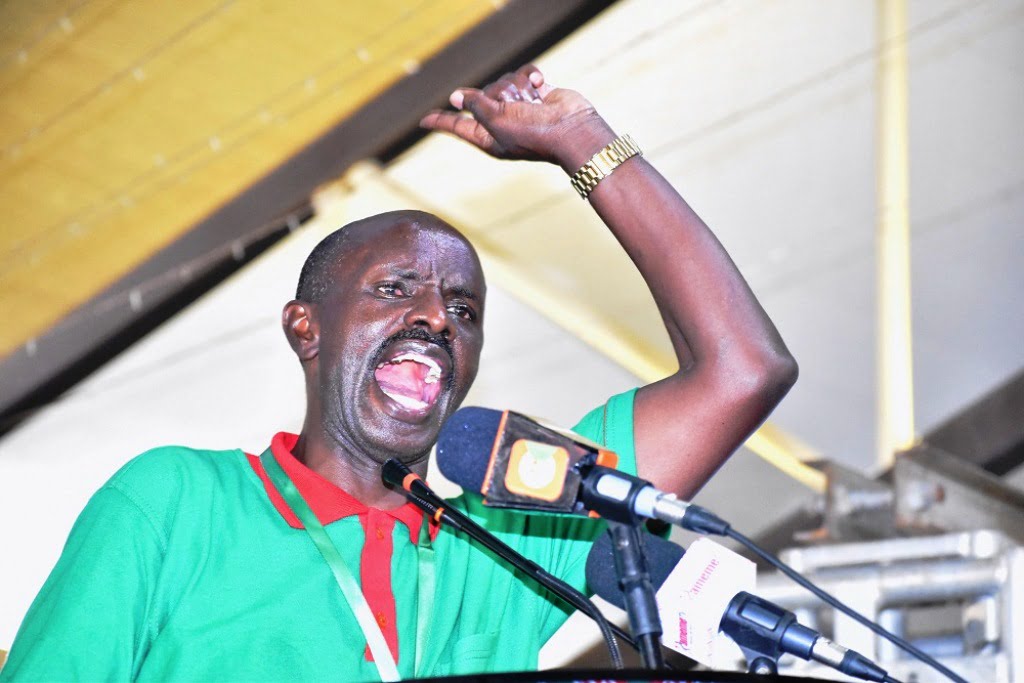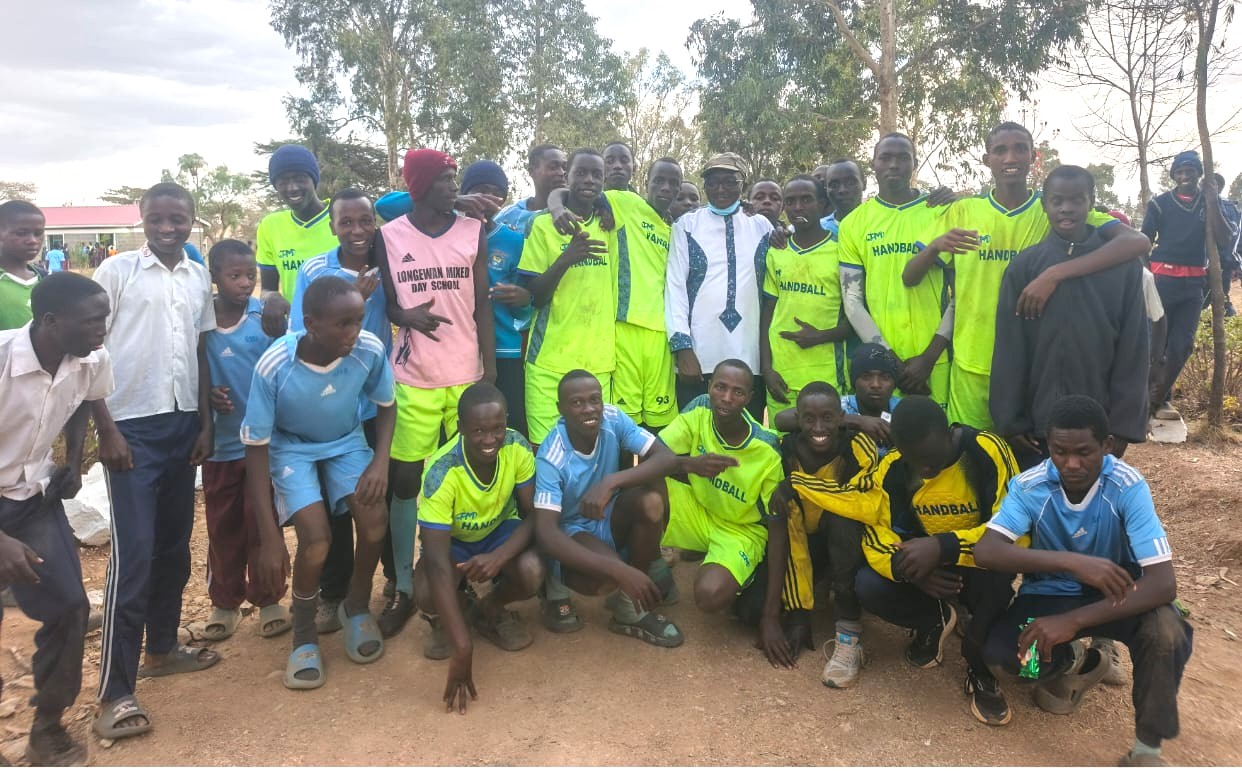The Kenya Junior School Teachers Association (KEJUSTA) has opposed the Teachers Service Commission’s (TSC) latest education proposal, strongly rejecting the planned introduction of a Deputy Headteacher role for Junior Schools.
The association, which represents a broad base of educators nationwide, labelled the idea “unacceptable” and “unjust,” setting the stage for a possible confrontation with the Ministry of Education.
At the heart of KEJUSTA’s opposition is not the position itself, but what they view as the continued disregard of Junior Schools as an independent level of learning.
In a strongly worded press release, Interim Chairperson James Everns Odhiambo stressed that no structural reforms will carry meaning unless Junior Schools are first accorded formal recognition as a distinct tier under the Competency-Based Education (CBE) system.
“Whether the intention behind this proposal is good or otherwise, we reject it in totality,” the statement read.
For many teachers, the frustrations run deep. Since the rollout of the Competency-Based Curriculum and the creation of Junior School (Grades 7–9), educators have consistently complained of being sidelined. Instead of being treated as a unique category, they are often absorbed into secondary schools, now branded as Comprehensive Schools.
READ ALSO:
MP in Kakamega relocates primary school over land squeeze, unveils Ksh 2 million new site
The association argues this administrative setup has created long-standing inequalities. Teachers with specialised training in junior-level pedagogy find themselves marginalised in career progression, stripped of adequate authority, and undervalued professionally compared to colleagues in senior secondary schools.
KEJUSTA views the Deputy Headteacher role as a cosmetic fix. Rather than addressing core issues, the association fears it would simply add bureaucracy within what they already consider a broken structure.
Their position is that Junior Schools require a fully independent administrative framework—not token positions layered onto existing systems.
The association outlined demands in a three-point agenda for the Ministry, making clear that no talks on new roles will continue until autonomy for Junior Schools is secured.
The tone of the release reflected mounting anger, with words such as “firmly resisted,” “unacceptable,” and “unjust” underlining teachers’ frustration.
It ended with a blunt declaration that echoed both determination and warning: “Autonomy for Junior Schools is not optional — it is a necessity.”
This clash exposes the friction in Kenya’s education reforms, particularly in the implementation of CBC.
Without resolving the concerns of educators tasked with delivering the curriculum, the reforms risk alienating a critical group. If left unaddressed, KEJUSTA warns, teacher morale could plummet, with negative consequences for the quality of education provided to learners in Grades 7, 8, and 9.
By Joseph Mambili
You can also follow our social media pages on Twitter: Education News KE and Facebook: Education News Newspaper for timely updates.
>>> Click here to stay up-to-date with trending regional stories
>>> Click here to read more informed opinions on the country’s education landscape






